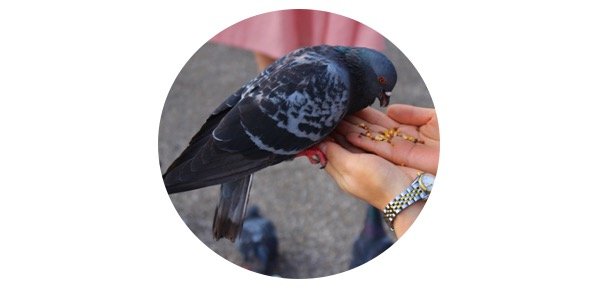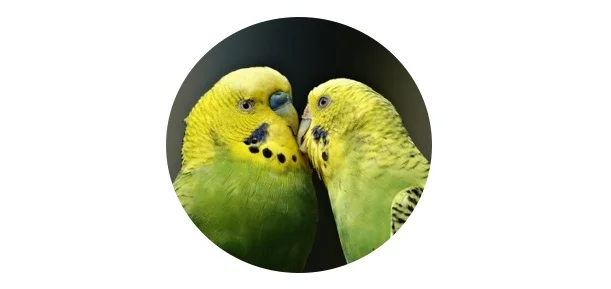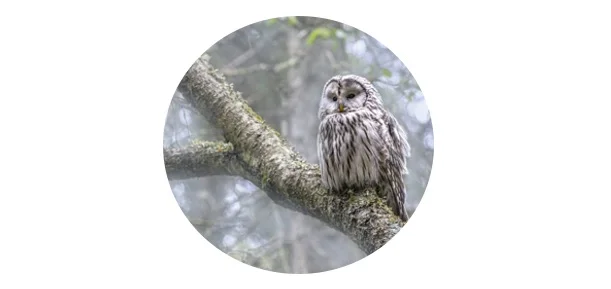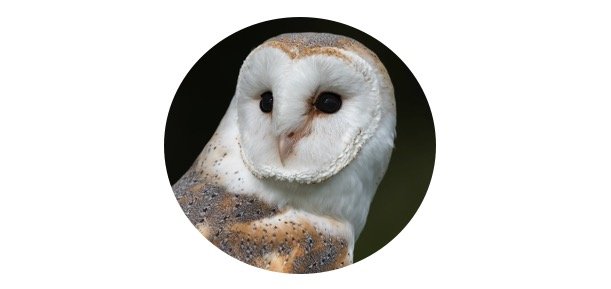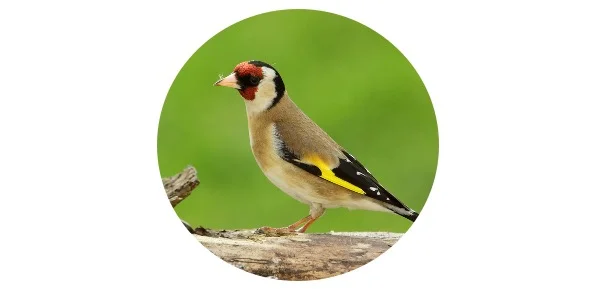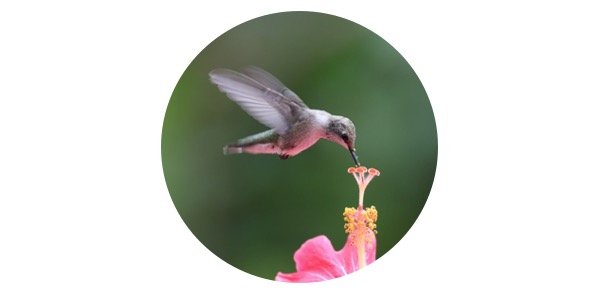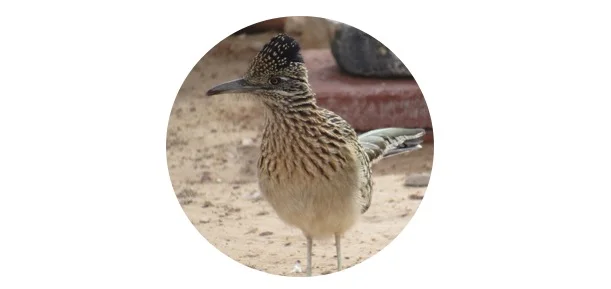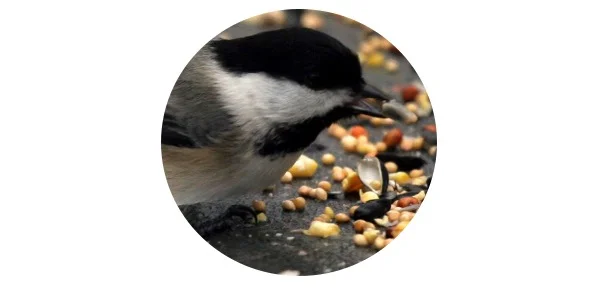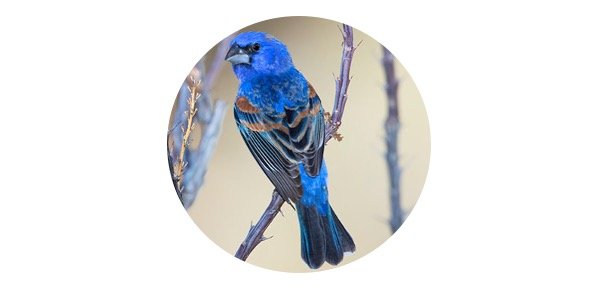What Do Swallows Eat? All You Need To Know
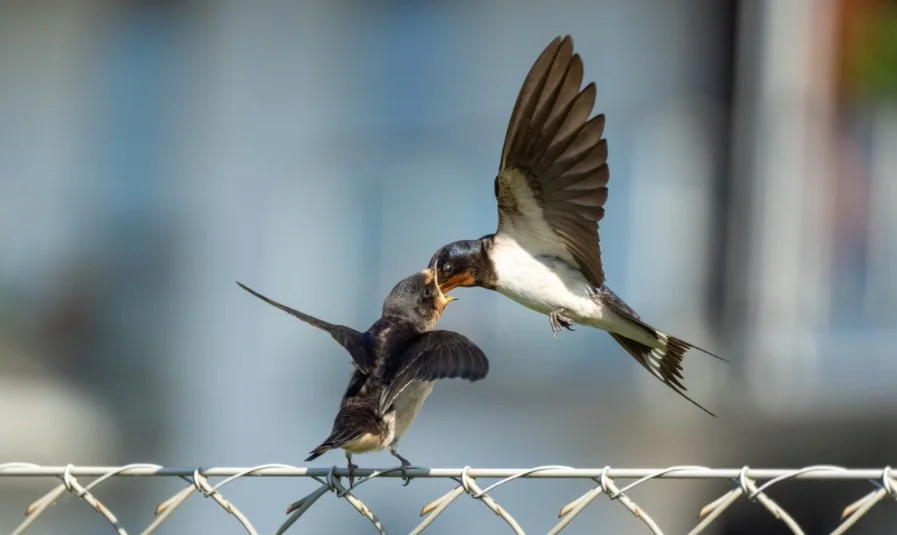
Table of Contents
What Do Swallows Eat?
Barn swallows are the most common of all swallow species, and this little bird has the widest natural range of any songbird on the planet. Barn swallows, known for their acrobatic flying abilities and characteristic forked tail and blue coat, are a welcome visitor to many regions of the world, marking the advent of spring and the end of winter.
Swallows eat a variety of foods, but flying insects account for 99 percent of their diet, earning them the title of insectivores. They capture on the fly and can spend hours darting about hoovering up insects, especially if they have young in the nest to feed.
The insects that swallows consume are determined by where they have moved. Swallows do not eat at night and only feed during the day. Swallows are nature’s acrobats, capable of the most amazing aerobatic performances, and obtaining flying food sources on the wing is quite easy for this species.
A swallow’s diet is often restricted as a consequence of climate circumstances that vary or limit the available insect life.
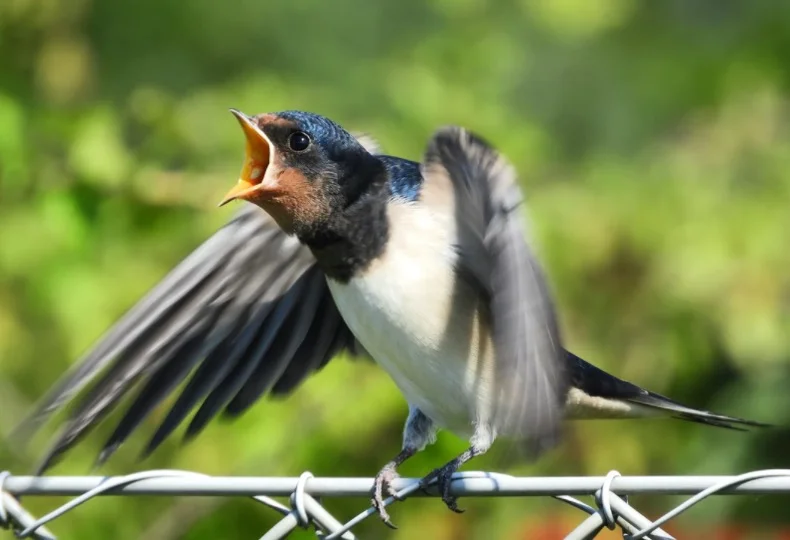
What insects do swallows eat?
A swallow’s food will differ depending on whether the bird is in the United Kingdom, North America, or Europe. Here are some of the insects that swallows consume:
- Wasps
- Mosquitoes
- Bees
- Dragonflies
- Flies
- Hornets
- Gnats
- Flying ants
- Horseflies
- Butterflies
- Houseflies
Swallows will consume caterpillars, grasshoppers, crickets, spiders, snails, and worms as well.
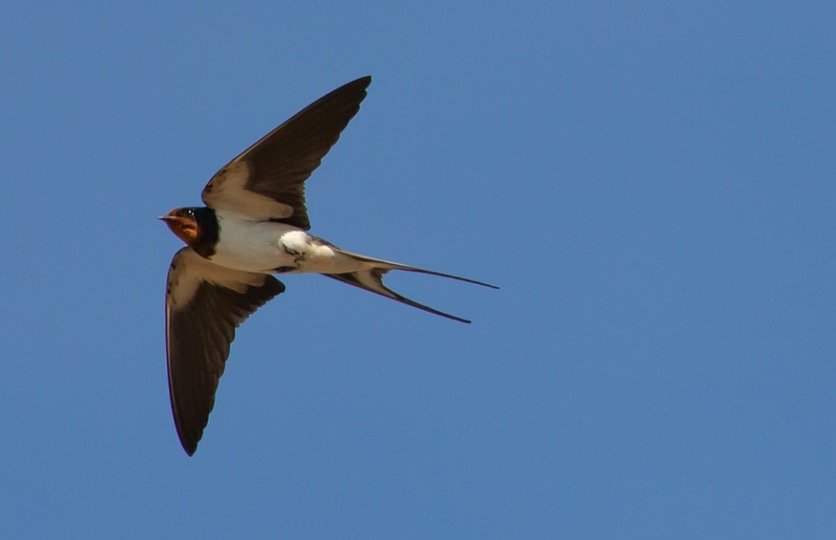
How do swallows catch insects?
Swallows have a large, broad beak and mouth that is great for collecting insects as they fly. The insects are directed into the open mouth of the swallow by small rictal hairs that border the beak.
Because of the swallow’s incredible aerobatic abilities, this bird may employ a variety of flying patterns and manoeuvres to capture practically any bug on the wing. Their flying behaviour will be determined by the insects available, which is closely related to meteorological conditions.
Swallows are widely regarded as nature’s natural bug cleaner, consuming an average of 60 insects every hour. However, swallows devour insects that are pleasant visitors to gardens, such as bees and butterflies.
Different weather conditions will generate flying insects at varied elevations, thus on humid days, swallows will choose to forage lower down, but on clear bright days, they are capable of soaring considerably higher into the sky to compete with other birds like swifts for food.
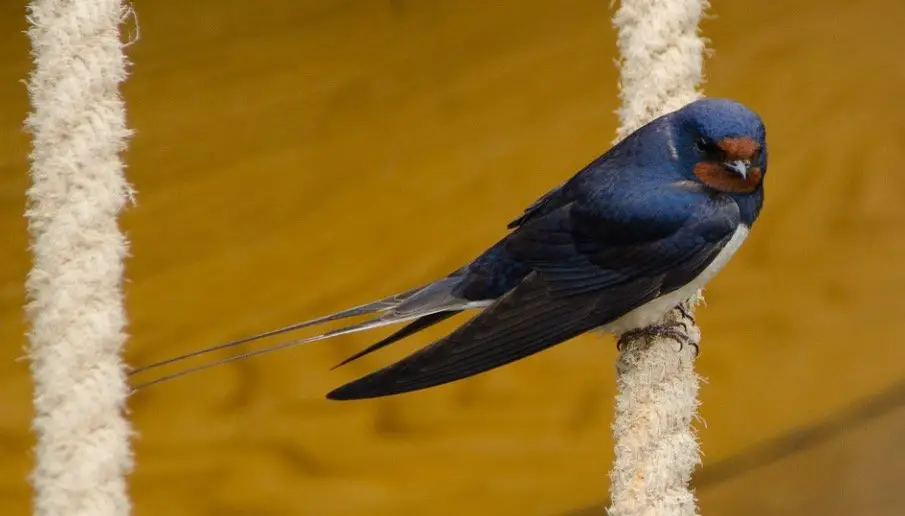
Do swallows eat bird seed?
Swallows do consume bird seed, but they aren’t huge lovers of backyard bird feeders since they like to fly about looking for food and eating on the wing rather than staying still while they feed.
A swallow may sometimes come to stop on the ground to nibble seed, however they are susceptible to predators such as birds of prey and domestic cats.
Because there is so much insect life available, swallows seldom need to explore beyond what they can collect on the fly, and will only turn to other food sources if insects become scarce.
Do swallows eat mealworms?
Mealworms are not a natural food source for swallows, but if their regular diet is lacking, they may be convinced to consume them.
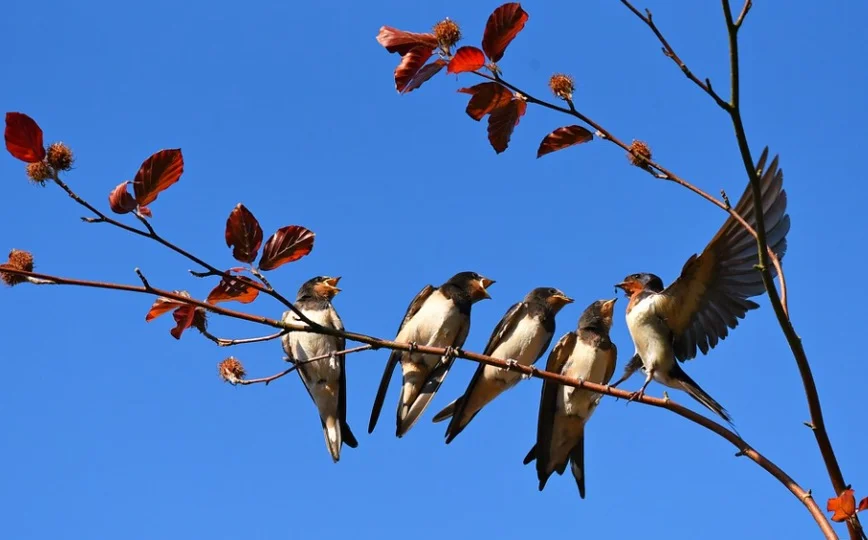
Do swallows eat bees?
Swallows do consume bees, but they frequently prefer to collect bigger insects since the nutritional return from a large bug outweighs the energy cost.
Swallows, on the other hand, prefer to avoid stinging insects and will only prey on bees, wasps, and hornets if their normal food supply is threatened.
What berries do swallow eat?
Swallows will eat strawberries on occasion, and if blackberries are early, and they haven’t migrated, they will eat a plump juicy fruit or two.
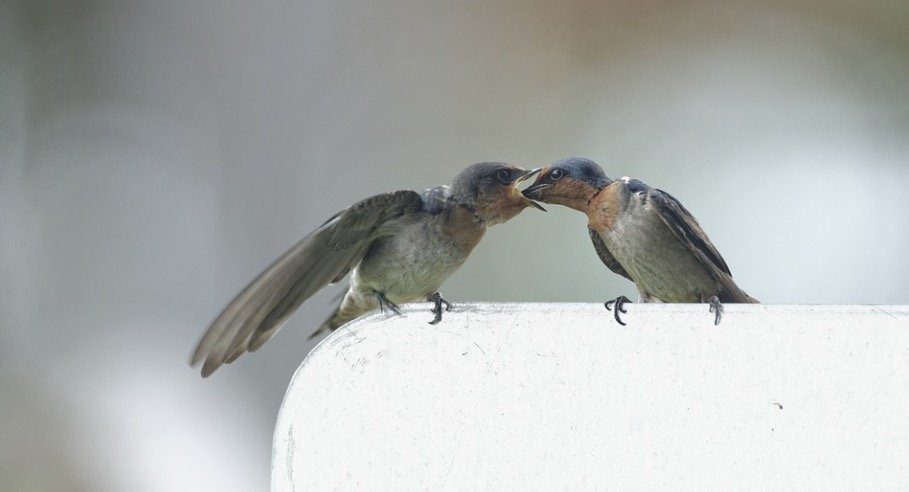
What do baby swallows eat?
Baby swallows are constantly fed by their parents while they are in the nest, which lasts around a month on average. In general, baby swallows are fed insects. When there is a clutch of chicks to feed, both parents feed them and bring back a percentage of the food they capture, which means the adults have to work much harder to meet their feeding needs.
If the weather is chilly, and some early nests struggle in cold springs, the adult swallows will scavenge for berries or anything else they can find to feed their young. Swallow chicks that do not acquire enough nourishment as a result of environmental circumstances may perish.
Do swallows eat baby birds or other birds’ eggs?
Swallows do not consume the eggs of other species. Unmated male barn swallows will murder and consume other juvenile birds in an attempt to divide the resident couple of adults so that they may attract and mate with the female.
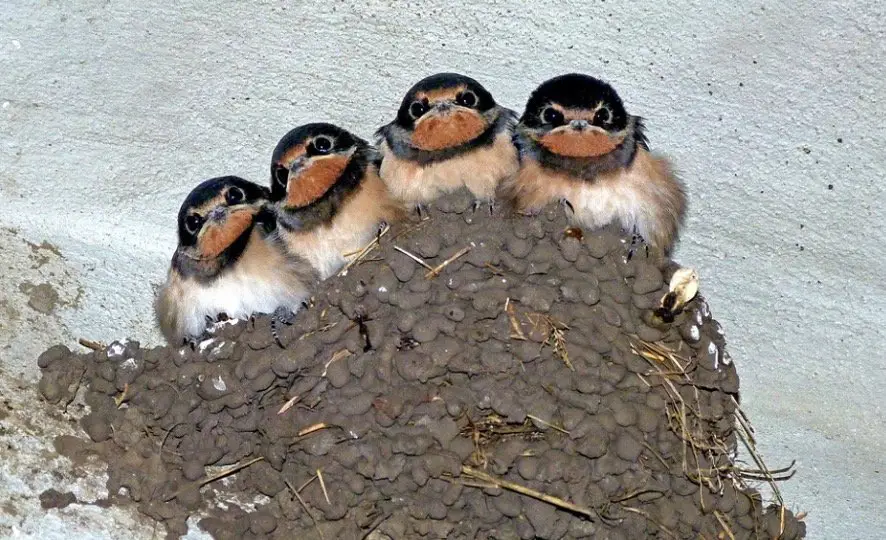
What do swallows not eat?
Swallows do not eat insects connected with water or pond life, such as tadpoles.
What else do swallows eat?
To ease digestion, barn swallows may augment their insect diet with grit or eggshells. Barn swallows move 6,000 miles to Africa in search of warmer temperatures and more insects when their food supply in the UK runs out in the fall.
